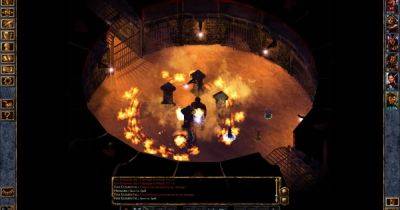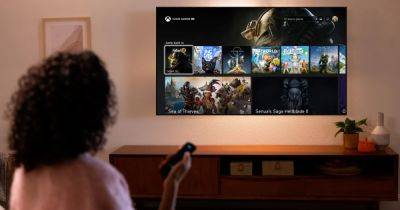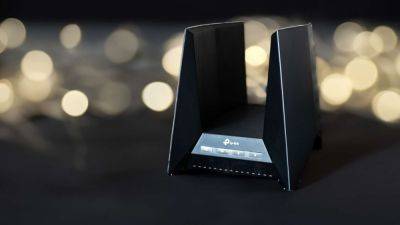Amazon eero Max 7 review
Wi-Fi 7 has its benefits, sure, but at $600 per unit, which each covering over 200m², you still need to be absolutely sure the impressive Amazon Eero Max 7 is the router for you. It's a mesh system, too, so chances are you'll want two or three to dot around your country estate, and the cost soon mounts up. Add to that the monthly fee for the sort of multi-gig fibre connection you'll want to make the most of all this wireless wonder, and networking can suddenly be as expensive as any other part of PC gaming.
Mesh systems work by having more than one router, or node, scattered around your property. They all broadcast the same SSIDs, and communicate with one another over Ethernet, if your house is wired for it, or using a high-capacity wireless network separate from the usual ones you'll use for streaming and that Wi-Fi kettle you bought on a whim. That can certainly be more convenient as long as you get a good connection. Placing mesh nodes, however, especially if you're trying to eliminate Wi-Fi dead spots caused by quirks of architecture or distance, is an artform in itself.
The thing about the Eero Max 7, though, is that one is probably enough. There's definitely a case for mesh if you're connecting an office environment, a house split over multiple floors, a thick-walled basement or a farm, but Wi-Fi 7 itself, with its extra speed and ability to cut through interference, is pretty good on its own. That said, though, put it in a mesh system and you've pretty much got something that can make itself heard anywhere.
The Eero Max 7 node comes as a smooth and shiny white rectangle that wouldn't be out of place as an Ikea wall light or Apple product from the time of the Anglepoise iMac. The Eero logo is picked out in silver, with a single coloured LED to tell you the router's status, and it's a minimal, classy design you won't mind having on display.
Wireless standard: Wi-Fi 7
Max speeds: 574Mbps (2.4GHz) 8,677Mbps (5GHz) 11,529Mbps (6GHz)
Ethernet ports: 2x 2.5Gb, 2x 10Gb







